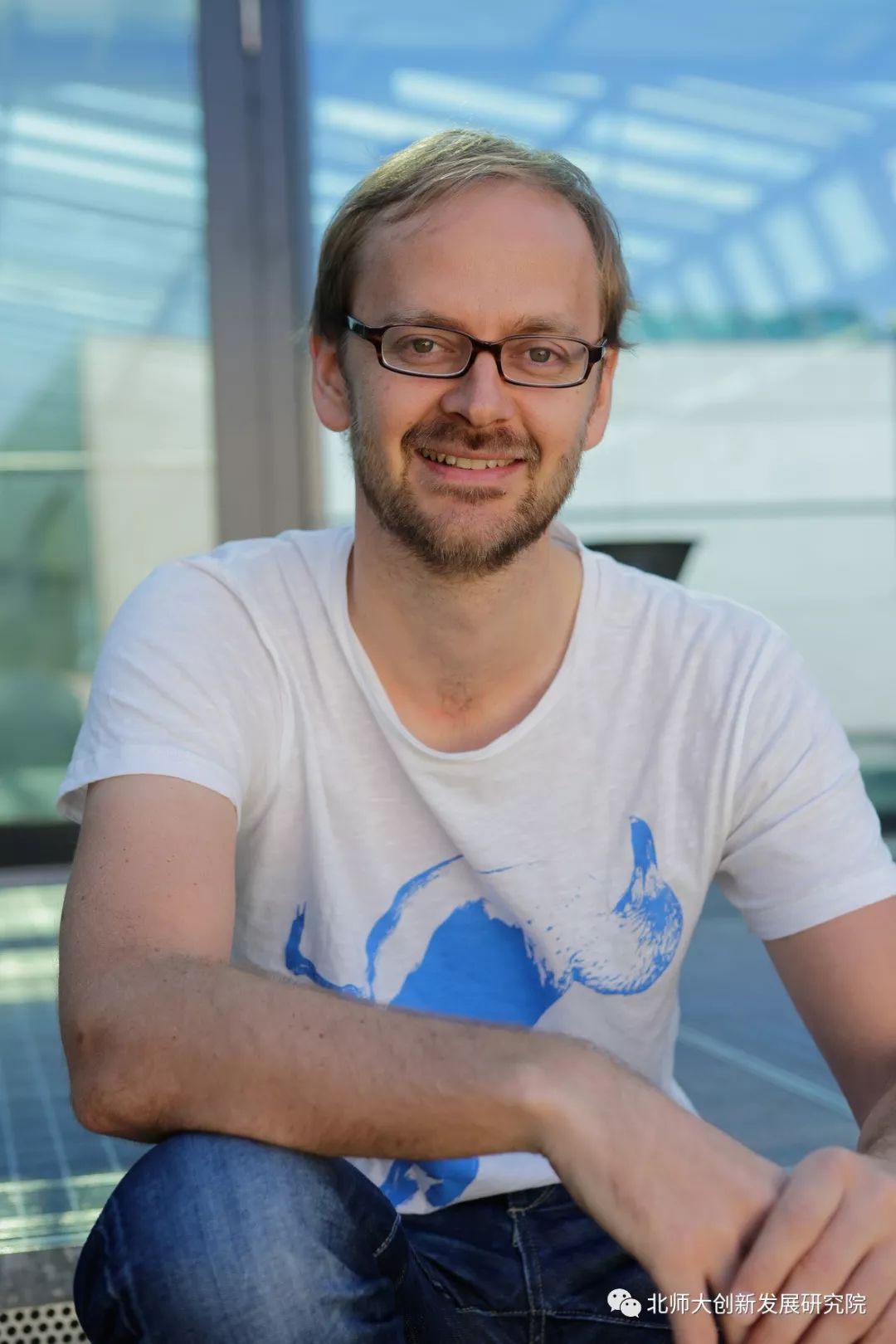The shadow of the future: How does climate change affect human behavior?
Empirical evidence from three of the most vulnerable regions to rising sea-levels: Solomon Islands, Bangladesh and Vietnam

主讲人:Professor Bjorn Vollan 德国马尔堡大学
主持人:周晔馨 副教授 北京师范大学经济与资源管理研究院
时间:2019年9月24日(星期二)14:00-15:30
地点:励教楼C125
Professor Bjorn Vollan

个人简介:
Bjorn Vollan is Professor for Sustainable Use of Natural Resources. His research agenda combines methods and topics from environmental economics, development economics and behavioral economics. More specifically, he applies economic experimental techniques carried out in the field to study questions related to the nature of pro-social and anti-social preferences in different contexts and the effectiveness of institutions for governance of natural resources, collective action or risk-sharing networks in developing countries.
Moreover, he has published a great deal of papers on Science, European Economic Review, Journal of Public Economics, Journal of Behavioral and Experimental Economics, World Development, Environment and Development Economics, Economic Development and Cultural Change, American Journal of Agricultural Economics, Journal of Economics and Statistics, Journal of Institutional Economics, etc.
摘要:
Impacts caused by rising sea-levels have the potential to disrupt the livelihoods and displace millions of people in the 21st century. We conduct incentivized experiments and survey experiments with 917 participants in the Pacific on Solomon Islands and coastal regions in Bangladesh and Vietnam who differ in their exposure intensity to sealevel rise impacts. They make decisions on sharing resources to measure their pro-social attitude, as an indication for the breakdown of cooperation, which may ultimately inform about potentials for adaptation, migration, or even conflicts. We randomly assigned participants to watch a video about the impacts and consequences of rising sea levels. Here we show that pro-social behaviors do not break down. Both participants who watched the video and live in more exposed places tend to be more pro-social towards their in-group. The effect is stronger for more place attached participants, dampened by negative emotions and not driven by participants’ expectations to be resettled together with their community.
编辑 | 张旖旎 赵增煜
审稿 | 彭玉珏

